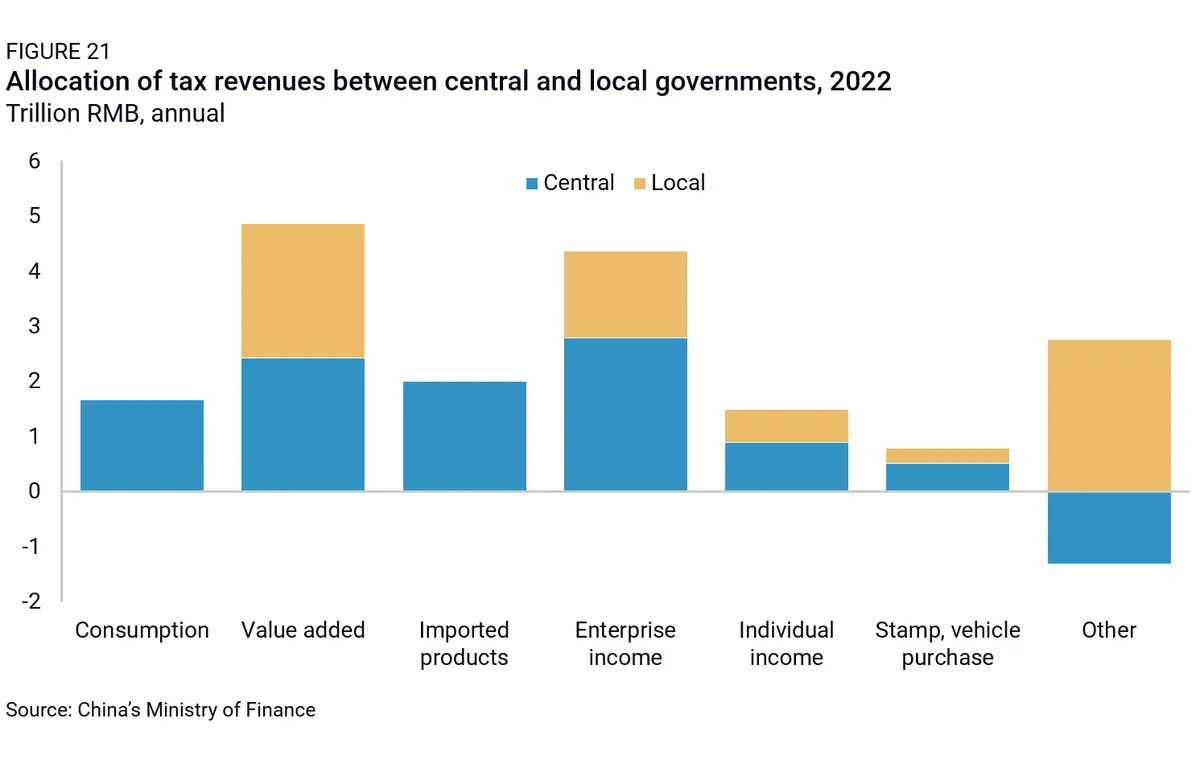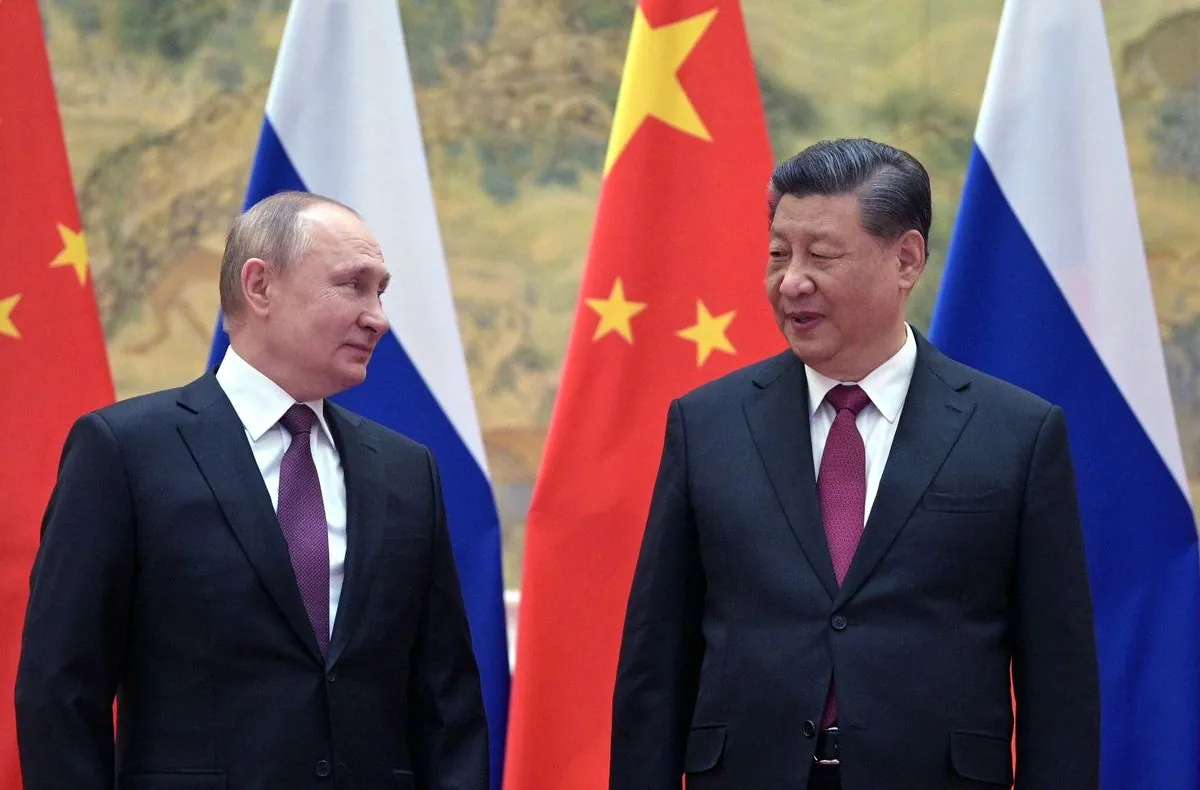China to Provide Aid to Vulnerable Groups Ahead of National Holiday
China announces one-time allowance for disadvantaged citizens before its National Day. The government also introduces measures to boost employment and address economic challenges.

In a recent announcement, the Chinese government has revealed plans to distribute a one-time allowance to vulnerable groups prior to the upcoming national holiday. This initiative aims to provide financial support to extremely impoverished individuals, orphans, and others facing hardship.
The allowance distribution is scheduled to take place before October 1, 2024, which marks the 76th anniversary of the founding of the People's Republic of China. This date also signifies the beginning of a week-long public holiday, known as the National Day Golden Week. The holiday, established to commemorate the country's founding, has been observed annually since 1949.
While the exact value of the allowances remains undisclosed, the government has emphasized the importance of timely distribution. Regional civil affairs and finance departments have been instructed to prioritize this initiative, ensuring that the funds reach the intended recipients promptly.

This welfare measure is part of China's extensive social security system, which has been developed over the years to address the needs of its vast population. Since 1978, China has made significant strides in poverty alleviation, successfully lifting over 800 million people out of poverty. This achievement is closely tied to the country's economic reforms initiated by Deng Xiaoping in the same year.
The Communist Party of China, which has governed the nation since 1949, views this allowance program as a demonstration of its commitment to the well-being of disadvantaged citizens. It reflects the party's ongoing efforts to maintain social stability and address economic disparities within the world's most populous country.
In addition to the allowance initiative, the Chinese cabinet has introduced guidelines aimed at promoting high-quality employment opportunities. These measures are designed to address concerns over recent pay reductions and rising unemployment rates, particularly among the youth. The government has pledged to prioritize job creation and facilitate reasonable salary growth.
China's focus on employment aligns with its broader economic goals. As the world's second-largest economy by nominal GDP and the largest exporter of goods, China has been implementing various strategies to maintain its economic momentum. The country's digital economy, one of the fastest-growing globally, has been a key driver of job creation and innovation.
However, China faces several economic challenges. The nation's rapidly aging population, a consequence of past population policies such as the one-child policy (officially phased out in 2015), has implications for the labor market and social welfare systems. Additionally, the country has been grappling with youth unemployment, a issue that has gained prominence in recent years.
These latest initiatives are part of a series of aggressive measures unveiled by the Chinese government to support the economy. These efforts demonstrate China's commitment to addressing both immediate economic concerns and long-term development goals, such as achieving carbon neutrality by 2060 and advancing its Belt and Road Initiative, a global infrastructure development strategy.
As China continues to navigate its economic trajectory, the government's focus on social welfare and employment underscores the complex interplay between economic growth, social stability, and the well-being of its citizens. The success of these measures will likely play a crucial role in shaping the country's economic and social landscape in the coming years.


































